It may not seem fair, but the ability to have a family doesn’t come naturally for everyone. Many couples who want to have a baby have to find alternative ways to do so.
Don’t worry, though. That’s where we come in.
If you have a desire to become a parent but have run into some dead-ends, we’re here to get you back on track. We happily help and offer hope to couples and individuals from all walks of life.
Here is our guide to who can benefit from using an egg donor.
How Gay Couples Benefit from Egg Donors
Basic biology tells us that to make a baby, we’ll need sperm and an egg. In the case of a gay male couple, we help them find the egg.
Gay couples can look through our donor egg bank database to find the perfect donor for their families. From there, we take care of everything else from the medical screenings to setting up travel to making sure the donor gets the best care from the best clinics.
When it comes to sperm, some couples choose only to use sperm from one parent, while other couples take samples from both men. Our technology is so advanced that we can test for any genetic mutations that may occur — giving you the best chance possible for a healthy baby.
Premature Ovarian Menopause
Premature Ovarian Menopause is when a woman starts menopause much earlier in her life than the average woman. Most women start menopause after they turn 40. But in the case of premature ovarian menopause, a woman may start menopause in her twenties or thirties.
When this happens, a woman is unable to provide a healthy egg.
Diminished Ovarian Reserve
The average woman is born with about 2 million eggs. The number of eggs drops as the woman ages. By the time a woman is 40, the quality of her eggs has significantly dropped — making it harder to become pregnant.
Previous Illness
If a woman has suffered from diseases or illnesses such as cancer or autoimmune diseases, her fertility could be affected.
How Genetically Transmitted Diseases Impact Egg Donations
If a mother is a carrier of a genetically transmitted disease that could be passed onto her baby, she may want to consider using an egg donor. Some examples of these diseases include:
Thalassemia
Cystic Fibrosis
Tay-Sachs disease
Sickle Cell Anemia
We understand the sensitivity that comes with making a decision like this. Mothers who are not able to use their own eggs often fear they will not feel connected to their baby. This could not be further from the truth.
Dr. William Sears, a pediatrician and author of more than 40 pediatric books, tells parents that all you need is time, touch, and attention. If you can invest in those three things, you and your baby will create an intimate bond that will last a lifetime.
We admire the mothers who choose to give their babies the best chance for a healthy life by choosing egg donation.
Developing a Relationship With the Egg Donor
Some intended parents worry about what the role of the egg donor will be going forward. How involved will she be in the child’s life?
The truth is, it’s up to you.
Before moving forward with the egg donation process and before anything becomes official, you’ll have a chance to meet with an attorney who specializes in egg donation cases. Here you’ll set up contracts that will outline the rights of everyone involved. We want to make sure that both the intended parents and the egg donor are legally protected.
There are a few different ways you can set up the arrangement.
Unknown Donor
If the parents choose, the intended parents and the donor will remain anonymous. All communication will be made through the egg donor agency, and contact information will never be exchanged between the parties.
Known Donor
Some parents want their children to know where they came from and will want to have a more open relationship with the egg donor. This can vary from sending a card every few years, or actually letting the child meet the donor.
There is no right or wrong answer. The relationship between the intended parents and the egg donor is something that will be arranged based on what is best for everyone involved.
What's Next in the Egg Donation Process?
If finding an egg donor is something you’d like to look into, don’t hesitate to contact us. We want to get you on the right path that will lead to the family you’ve always wanted. We will help you every step of the way to find the perfect donor.
Because one of the most important aspects of the entire egg donation process is that it’s best to trust the professionals.
To learn more, contact the Elevate Egg Donors and Surrogates. To become an egg donor, fill out our online application.

